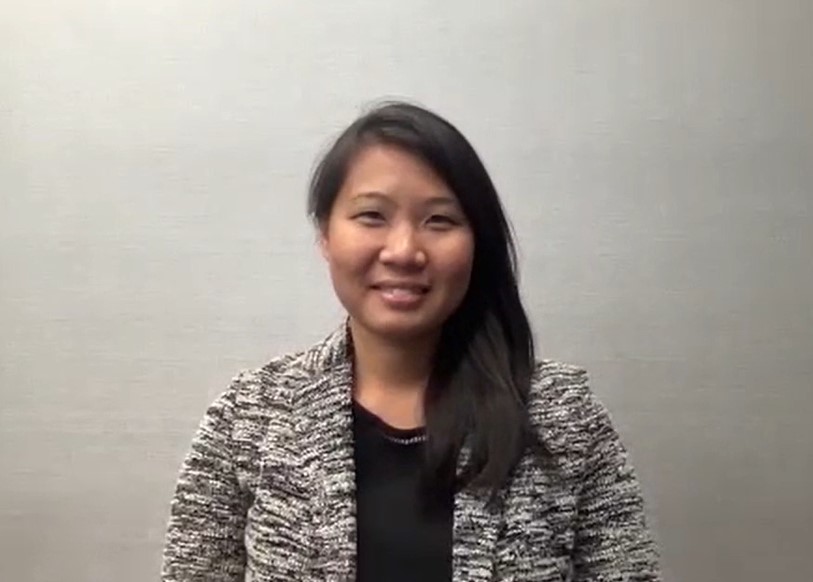Riding the Off Cycle Bicycle
Ava Omidvar, MPH, FP-C, MS-IV – St. George’s University School of Medicine
EMRA MSC Mentorship Coordinator, 2023-2024
What do I do with my time after completing fourth-year rotations? Many medical students ask themselves this question, especially if they are off cycle. Off-cycle means that the student may have started early or had a delay in their medical school schedule, and now they finish their clinical rotations with either not enough time to apply to the upcoming MATCH or with too much time before the next cycle starts.
There are two wheels to the “off cycle bicycle.” Do I do something that benefits my career or my life? The duration of the gap often puts limitations on either option. For example, if there is only two months between the end of rotations and the start of residency, then a one-year international internship is not a viable option. However, there are many expected and unexpected options that can be done in that amount of time. The following is not an exhaustive list, and the options are only limited by the student’s imagination. Once the decision is made as to how to spend the free time, be prepared to talk about it with the leaders of residency programs at interviews, meet-and-greets, or even within a work shift.
One wheel of the bicycle consists of continuing what was already being accomplished in medical school, with clinical or academic endeavors. Depending on the gap in the schedule, the student can get involved in short-term research, tutoring, or mentoring opportunities for other students who are headed down the same path at an earlier stage. There are many courses available online or in-person that will hone a new physician’s skills or expand clinical knowledge in a particular field or topic. A new graduate can still find some shadowing opportunities with physicians in their area or field of interest. Shadowing will allow the student to remain in the clinical environment even after rotations have concluded. Many medical schools provide the ability to start and finish a master’s program within a gap year, prior to matriculating into residency. The degrees that are available and can be completed within that year are a Master of Public Health or a Master of Business Administration, just to name a couple. Many graduates will choose to take the USMLE Step 3 exam in their gap time, instead of during residency. The gap time will convert into an extended dedicated study time that will be much longer than what is allotted for most residency programs. Some states will even allow for a newly graduated doctor to work as a house physician for the facility before completing residency. For example, the state of Florida allows for allopathic graduates to become licensed and work in facilities under the supervision of other practicing and more experienced MDs and DOs. It allows the graduate to practice clinically, while going through the MATCH process. Some may focus on enhancing their careers, but others may concentrate on life-improving experiences.
There are countless opportunities that can be beneficial to the person as an individual outside of medicine. The second wheel of the bicycle consists of these chances to improve the whole person, and not just their career. These experiences are not to be neglected, but to be valued for developing the person: mind, body, and soul. Volunteer options are available within local communities or others that require traveling abroad. There are many global health organizations that provide paid or unpaid internships for a more regimented duration. However, one can always choose to travel without working. Partaking in an adventure feeds curiosity before free time becomes limited in residency. Driving around the United States, hiking the Appalachian trail, or backpacking through a foreign country will broaden horizons and provide insight into the human perspective. However, these opportunities are sometimes financially taxing and not a viable option for all. Obtaining and completing a short-term job can bolster personal finances and is a respectable option. Jobs that require customer interaction prepares anyone for a lifelong career in healthcare.
Riding the off-cycle bicycle comes with its own benefits. It is up to the fourth-year student to decide how they should use it. Planning and preparation will allow for a more meaningful experience. Regardless of the chosen experience, everyone should be prepared to explain how they spent their gap time in residency interviews. If that time was spent fueling a passion, then show the interviewers your fire for that activity or experience. If that experience created a financial safety net or improved conversational skills, then show the interviewers that you are better for having done it. Being off cycle gives a person the time to decide and pursue something that benefits their life in some way within or outside of medicine. It is an opportunity that not many have, but it has the potential to provide many opportunities.
Related Content



Jul 23, 2019
Program Director Interview Series: University Hospitals Cleveland
This month our Program Director Interview Series is focused on the Midwest. We spoke with Danielle Turner-Lawrence, MD, Program Director at Beaumont Hospital, Royal Oak, about the training opportunities available at this busy Level 1 Trauma Center in eastern Michigan.




